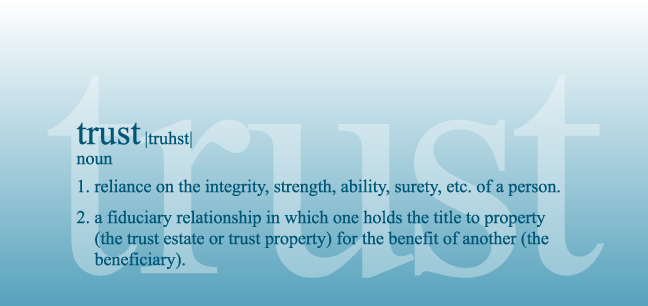Marlene Pappas Getchell 415.457.8830 marlene@mgetchell.com

Trust and Estate Attorney Marlene P. Getchell: the expertise to help you safeguard what you’ve worked so hard to gain
What is a Living Trust?
A living trust, also known as a revocable living trust, is a legal document that holds title or ownership to your real property and assets. When you create a living trust you transfer ownership of your assets to the living trust. Transferring assets is typically called “funding.” When you transfer title to your living trust you DO NOT relinquish any control. You can still buy, sell, borrow or transfer any assets inside the living trust. To many, the living trust looks a lot like a will.
The living trust is a written legal document that allows you, as the trustee, unlimited access to and full control of your assets during your lifetime. The living trust also enables you to pass property after your death to family, friends and/or loved ones and the living trust allows you to appoint someone (a successor trustee) to make certain your property goes to the ones you choose after your death.
When the assets are in the name of the living trust, the trustee does not need to have the probate court consent to transfer ownership. You or you and your spouse can be the primary trustees of the living trust receiving full control to buy, sell, borrow or transfer in the case of a spouse’s death. After both spouses pass, the living trust identifies the person who will act as successor trustee. The living trust gives that person the right to manage all assets on behalf of your wishes made known in the living trust document.
What is the Difference Between Having a Will or a Trust?
Like a will, the living trust includes the details and instructions for how you want your estate to be handled at your death. However, a will in many cases has to go through probate whereas a living trust if properly funded does not. The purpose of probate is to establish clear title or ownership to your assets after your death. Before your estate can go to your children the probate court has to determine and settle your debts, establish clear title to everything you own and then distribute the estate according to your will or to the “intestate succession” statutes in your state. While probate should not be required for a living trust, it is required for a will where the assets of the estate exceed $100,000. Probate is very expensive, while the administration of a trust upon the death of the person creating the trust, is much less expensive. For example, legal fees for trust administration are based upon the hourly fee of the attorney representing the trustee administering the trust estate. Probate fees, however, are set by law and are based on the gross value of the estate. In computing the value of the estate, no deduction is made for debts of the decedent. For example, probate fees on an estate with a gross worth of one million dollars ($1,000,000) would be $46,000: $23,000 for the executor and $23,000 for the attorney, computed as follows:
Fee Computation for Gross Estate Worth One Million Dollars
4% of first $100,000. $ 4,000.00
3% on next $100,000. 3,000.00
2% on next $800,000 16,000.00
Total $23,000.00 x 2= $46,000
WHAT HAPPENS IF SOMEONE DIES WITHOUT A WILL?
- The entire intestate estate if the decedent did not leave any surviving issue, parent
- One-half of the intestate estate in the following cases:
Where the decedent leaves only one child or the issue of one deceased child - One-third of the intestate estate in the following cases:
Where the decedent leaves more than one child.